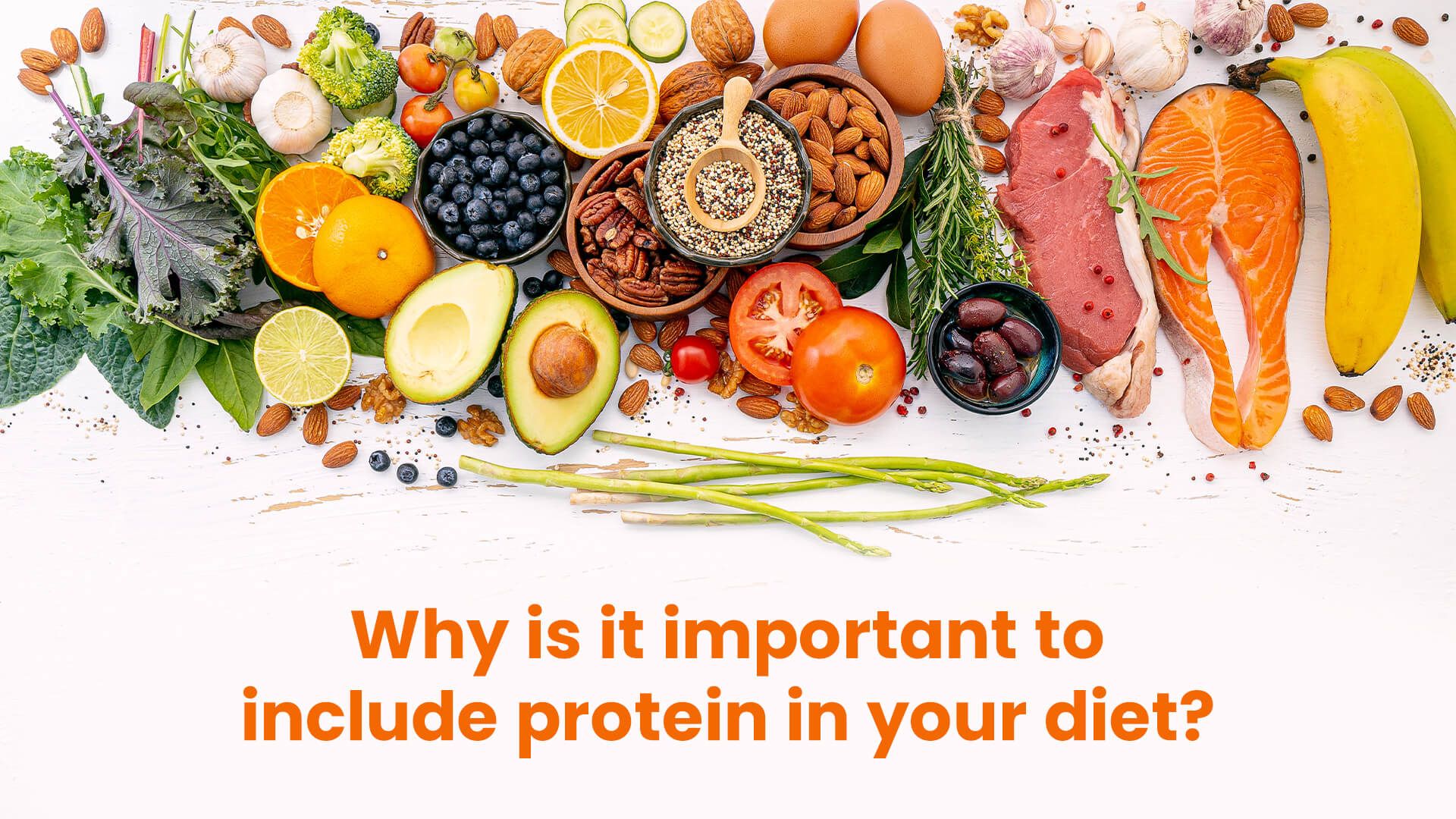Protein has long been associated with strength building and muscle development. It is a fundamental nutrient for those aspiring to enhance their physical performance and achieve their fitness goals. However, in the realm of protein, several myths and misconceptions prevail. In this article, we will debunk these myths and shed light on the facts surrounding the role of protein in strength building.
Myth: High Protein Intake Equals More Muscle Mass
One common myth is that consuming excessive amounts of protein leads to significant increases in muscle mass. While protein is essential for muscle repair and growth, the body has limits in terms of how much it can utilize. The utilization and absorption of protein depend on various factors such as overall calorie intake, training intensity, and individual needs.
Facts: The quality of protein consumed and its distribution throughout the day is more important than the sheer quantity. Studies suggest that consuming approximately 1.6 to 2.2 grams of protein per kilogram of body weight is adequate for most individuals engaged in strength training. Moreover, evenly distributing protein intake throughout meals may enhance muscle protein synthesis.
Myth: Protein Supplements are Mandatory for Strength Building
There is a common belief that protein supplements are indispensable for achieving optimal strength gains. While protein supplements offer convenience and are an efficient way to meet protein requirements, they are not mandatory for strength building. Whole food sources also provide an array of essential nutrients that support overall health and well-being.
Facts: Meeting protein requirements through a well-balanced diet should be the primary focus. Lean meats, fish, eggs, legumes, and dairy products are natural sources of protein, providing a range of additional nutrients. Protein supplements can be utilized to supplement meals as needed, but they should never replace a wholesome diet.
Myth: Only Animal-Based Protein is Effective for Strength Building
A widespread misconception is that only animal-based protein sources offer the necessary amino acids for muscle development. This myth excludes individuals following a vegetarian or vegan lifestyle from achieving their strength-building goals.
Facts: Plant-based sources like legumes, tofu, quinoa, and seitan offer an ample supply of complete proteins necessary for muscle repair and growth. By combining different plant protein sources, individuals can obtain all essential amino acids required for strength building. Furthermore, plant-based protein offers additional benefits such as high fiber content and lower levels of saturated fats.
Myth: Protein Timing Is Irrelevant
Another prevailing myth is that protein timing has no bearing on muscle development. Some argue that as long as the daily protein intake is met, the timing of consumption is insignificant.
Facts: Recent studies have indicated that protein timing may play a role in maximizing muscle protein synthesis. Consuming protein within a few hours before and after workouts can be particularly beneficial. This timing allows for immediate availability of amino acids during the muscle recovery process, ultimately aiding in muscle repair and growth.
Conclusion
Understanding the role of protein in strength building is crucial for anyone seeking to optimize their fitness journey. By dispelling these common myths and focusing on the facts, individuals can make informed decisions regarding their protein intake. Remember, quality, distribution, and timing of protein intake, along with a well-rounded diet, are key factors in achieving strength-building goals.

